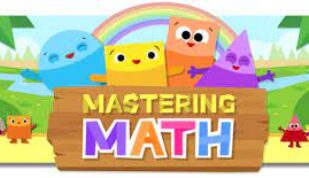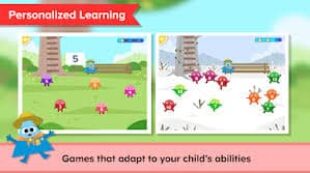CASE STUDY
ABCmouse
How an EdTech leader
leveled up their
game design process
CHALLENGE
ABCmouse needed better games
When we started work with ABCmouse in 2013, they were already the leading educational site for kids 2-8.
They had produced thousands of award-winning videos & stories for their site. But their game content was shallow.

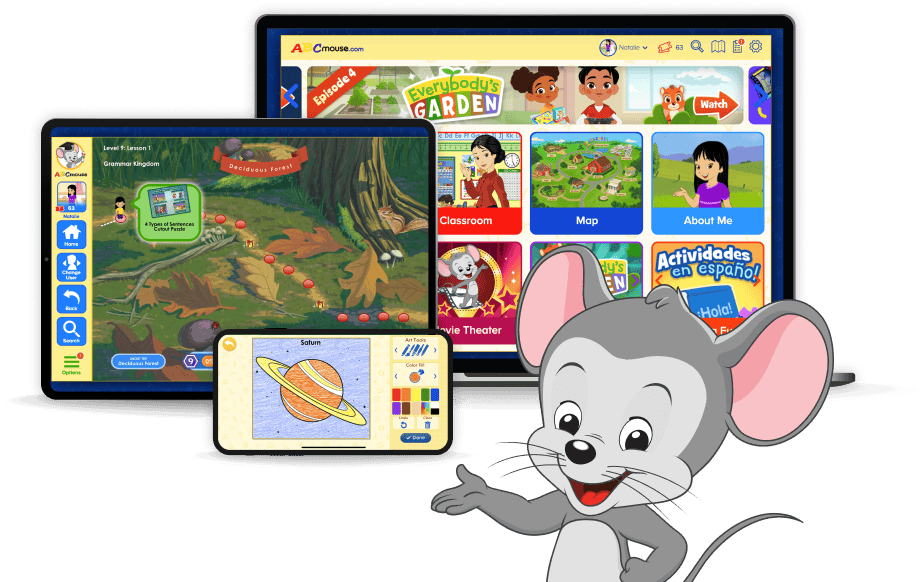
They needed to learn how to produce better games, so they could tackle the hardest problems in teaching math and language.
Over the next four years we worked with every department at ABCmouse to help them operate more like a game company.
INSIGHT
Game teams needed a better development process
Age of Learning, the parent company of ABCmouse, started off as a media company, not a games company. Production for their thousands of animated videos followed a strictly linear pipeline — curriculum experts defined learning objectives; writers wrote the script, then artists animated the script.
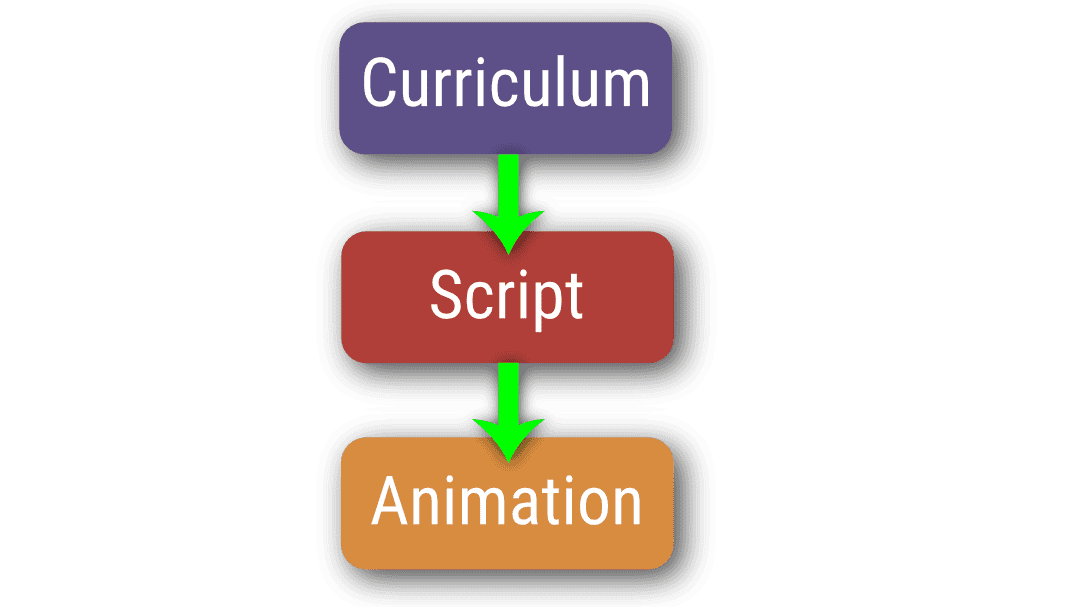
But games are more complex. Producing games requires a flexible iterative process, that allows for many rounds of rapid prototyping, playtesting, and revision with a small cross-functional team. All interactive media production follows a similar iterative process.
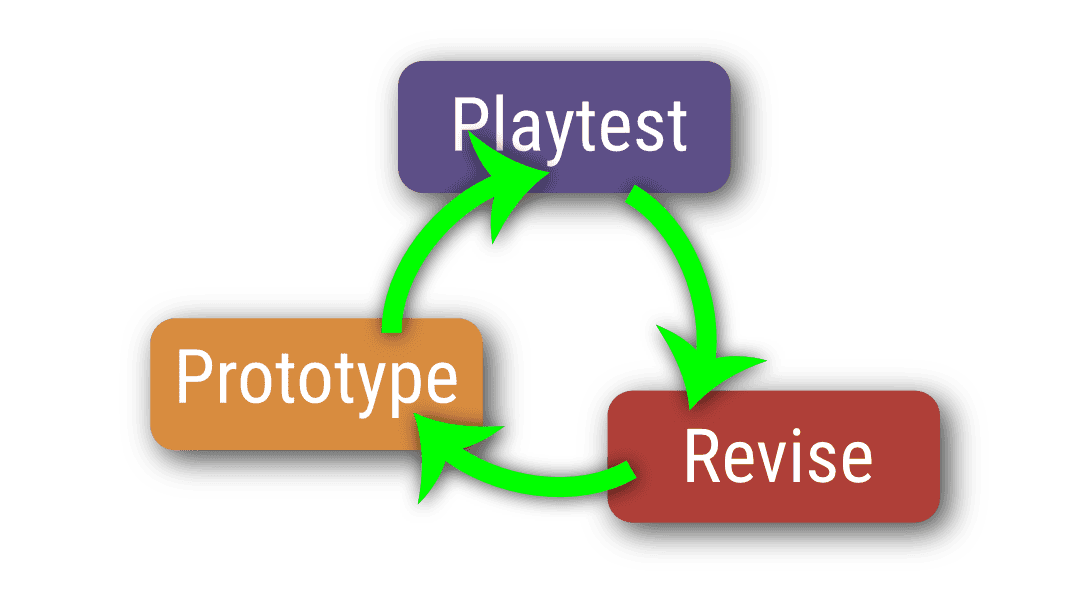
HOW WE DID IT
We helped them move faster with low-fidelity prototypes
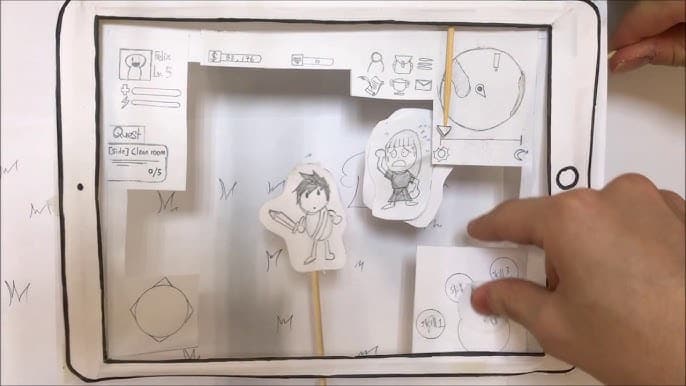
To help Age of Learning kickstart their new games initiative, we built and playtested paper prototypes of new math games with real kids.
That let us rapidly test and modify games within hours, not weeks.
But when we started prototyping digital games, Age of Learning insisted on polishing the artwork up to their usual standards for finished art.
Progress slowed to a crawl. And because the art looked finished, testers focused on critiquing the art, instead of the concept.
Fortunately Age of Learning learned from their mistake. We developed an art style for Age of Learning prototypes that looked good, but was quick to execute, and still looked like an unfinished rough draft.
STARTING A NEW PRACTICE
We kick-started an internal playtesting practice
Before our involvement with Age of Learning they had never playtested their videos and activities before shipping.
Once they saw the value of rapid prototyping, Age of Learning engaged a testing company to recruit test subjects and run playtests, and eventually built an internal Design Research team to conduct tests for products across the company.
Early playtesting of game design concepts is now an established practice at Age of Learning, fully integrated into their design process.
Before our involvement with Age of Learning they had never playtested their videos and activities before shipping.
Once they saw the value of rapid prototyping, Age of Learning engaged a testing company to recruit test subjects and run playtests, and eventually built an internal Design Research team to conduct tests for products across the company.
Early playtesting of game design concepts is now an established practice at Age of Learning, fully integrated into their design process.
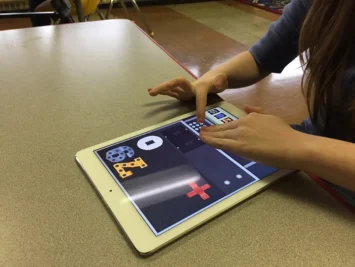
RESULT
Finally – a breakthrough game
Their hard work paid off.
By restructuring their development process to include rapid prototyping and testing, the Age of Learning team was able to produce the breakthrough adaptive game Mastering Math, which constantly evaluates what a child knows, and adjusts the experience to deliver exactly what the child needs.
Students are more engaged, and teachers are thrilled by how well it supports all learners to achieve a high level of mastery. Age of Learning is now expanding their line of adaptive games, starting with Mastering Reading.
And it all become possible because Age of Learning leveled up their game design process.
